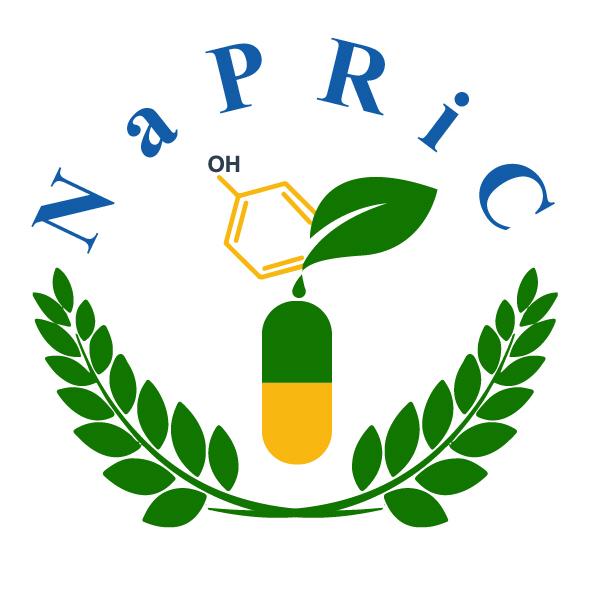Research Areas
Nanotechnology is a term referring to a range of new technological innovations that are global both in their potential impact and in the transnational composition of the research teams working to develop them. It involves innovations that result from working directly with materials at a scale of less than 100 nanometers, roughly the size of complex molecules. Nanotechnology is the study and application of extremely small things, involving many other science fields, including chemistry,…
Pharmacometrics is the science of interpreting and describing pharmacology in a quantitative fashion. It lives at the intersection of pharmacokinetic models, pharmacodynamic models, pharmacodynamic–biomarker-outcomes link models, statistics, stochastic simulation, data visualization, and computer programming. The application of pharmacometrics principles and models to drug development and pharmacotherapy will greatly improve both. Pharmacometricians play an important role in developing…
Ethnopharmacology is an interdisciplinary scientific exploration of biologically active agents traditionally employed or observed by man. Therefore, it is one of the scientific disciplines encompassing a diverse range of subjects. It links natural sciences research on medicinal, aromatic, and toxic plants with socio-cultural studies and has often been associated with the development of new drugs. Ethnopharmacology is far more than a science of the past using outmoded approaches. It still…
Medicinal Biochemistry is a branch that deals with different molecules and their involvement in human health and diseases. This area covers many subjects such as biochemistry, medicinal chemistry, analytical chemistry, and biophysical chemistry, which provides a solid foundation of various biochemical and physical concepts of medicinal biochemistry. Therefore it deals with the chemical compounds and their reactions in humans, thereby having an important impact on human health and life.
Clinical pharmacology is a medical discipline that, on a scientific basis, combines pharmacological and clinical expertise with the ultimate goal of improving efficacy and safety in the clinical use of drugs. Clinical pharmacologists play an active role in providing information about drugs. This may be done in collaboration with pharmacists, and there may well be local or regional drug information centers. The goals of the research in clinical pharmacology will be to improve drug therapy,…
Pharmaceutical Sciences are a broad range of scientific disciplines that are critical to the discovery, development, and manufacturing of drug products. Pharmaceutical science, therefore, explores drug discovery, pharmacology, and toxicology and examines the most effective ways that medicines are manufactured, packaged, stored, and administered. This research area (Pharmaceutical Science) is broadly classified into the following main categories- and each category contains many specialized…
Medicinal chemistry is the application of chemistry to the identification, synthesis, and preparation of pharmaceutical and medicinal compounds. Medicinal compounds come from a variety of sources and ideally serve a single purpose in their application as pharmaceuticals. The basic science of pharmaceutical materials is organic chemistry, which is utilized in the analysis and identification of biologically active materials, the preparation of those materials and their derivatives, and the…
